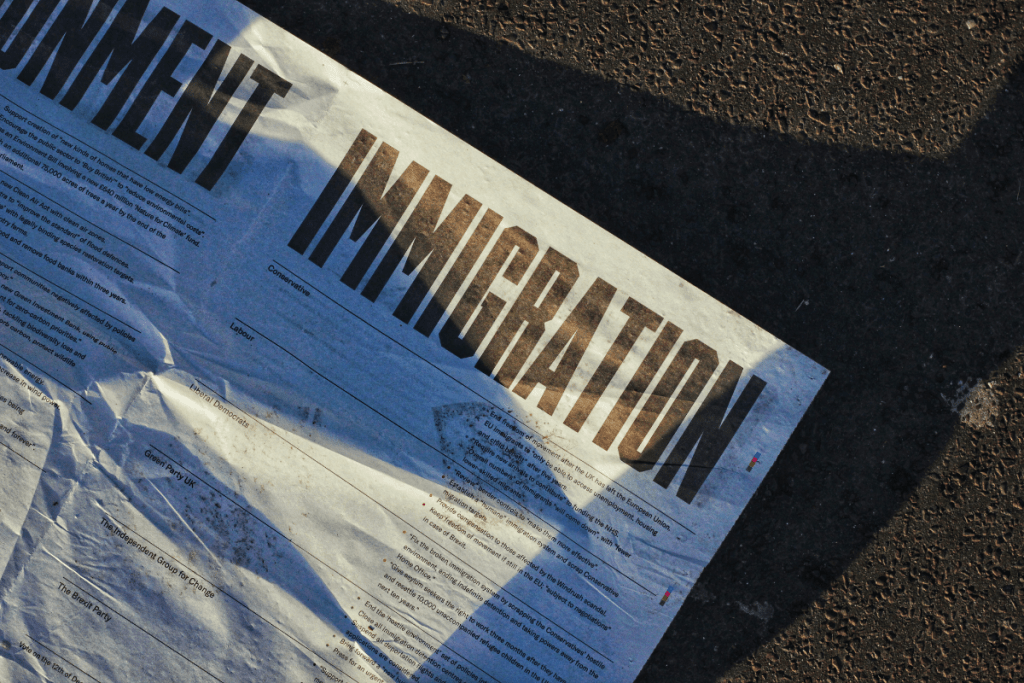News
Recruitonomics goes beyond the buzzwords to deliver organized and impactful insights on demographic trends.
Inflation and debt. Labor shortages and unionization. Recessions and financial bubbles. Monitoring macroeconomic trends is critical to understanding shifts in the US labor market.
Data-driven insights that explain how shifts in the economy will directly impact the future of recruiting.
Throughout history, automation has driven productivity increases. Technological advancements will forever impact the labor market, and we will make sense of the latest changes, and think on what’s to come.
Industries: Discover industry-specific insights and the state of hiring in these main sectors.

We have expanded our reporting to cover Canada and the UK.
Economic trends and conditions in the United States, how these affect the labor market, and main takeaways from important US data releases.
Expanding coverage of the Canadian economy and our takes on how economic developments will affect the Canadian labor market.
Coverage of developments in the economies of Europe, including insights on the European Central Bank and European Union.
Coverage on the United Kingdom’s labor market, insights on the tumultuous economy shaping it, and timely coverage of data releases.
Breaking down the latest updates in the German economy, including the demographic shifts shaping the labor market today and tomorrow.

Recruitonomics is a hub for data-driven research that aims to make sense of our evolving world of work.
Appcast optimizes recruitment marketing for the world’s leading employers using data, tech, and our world-class expertise.












































